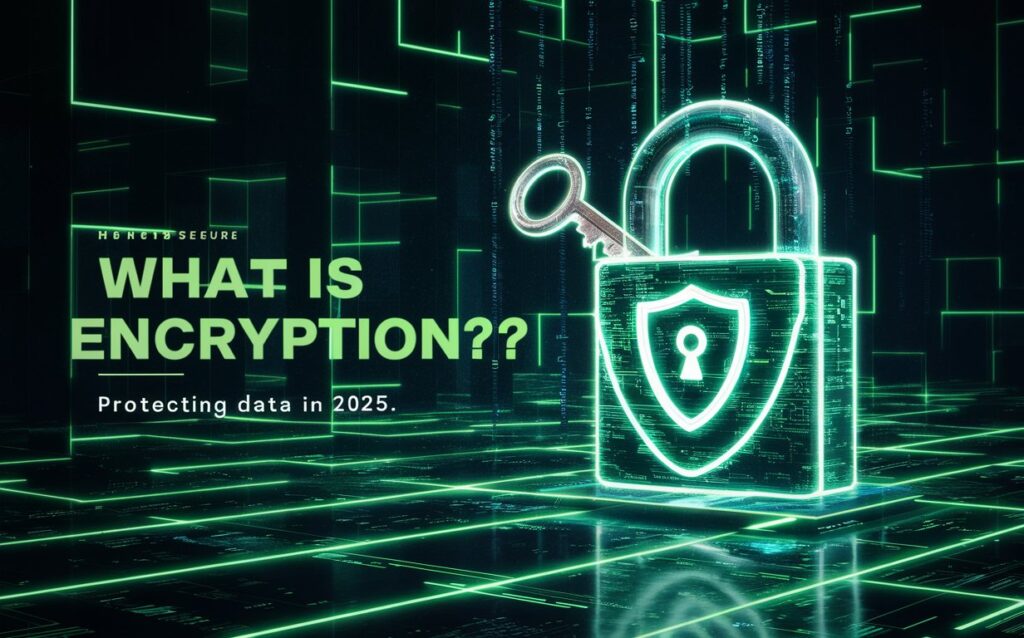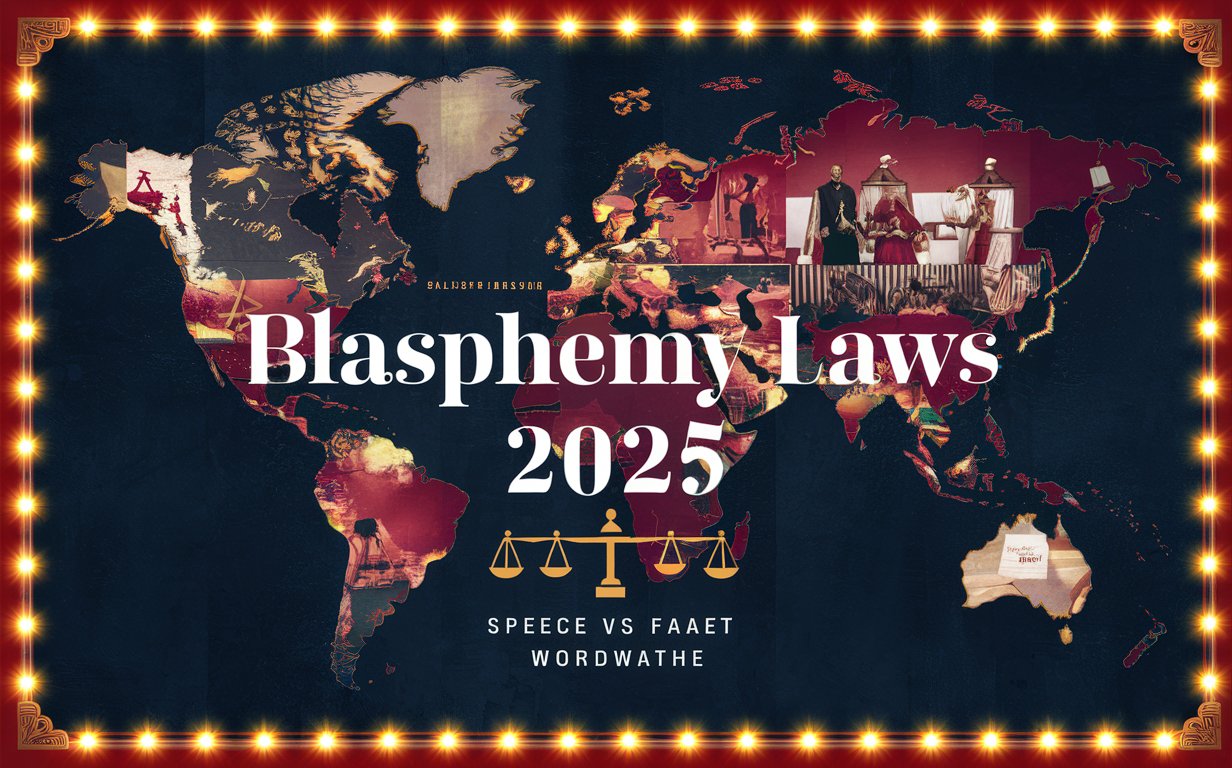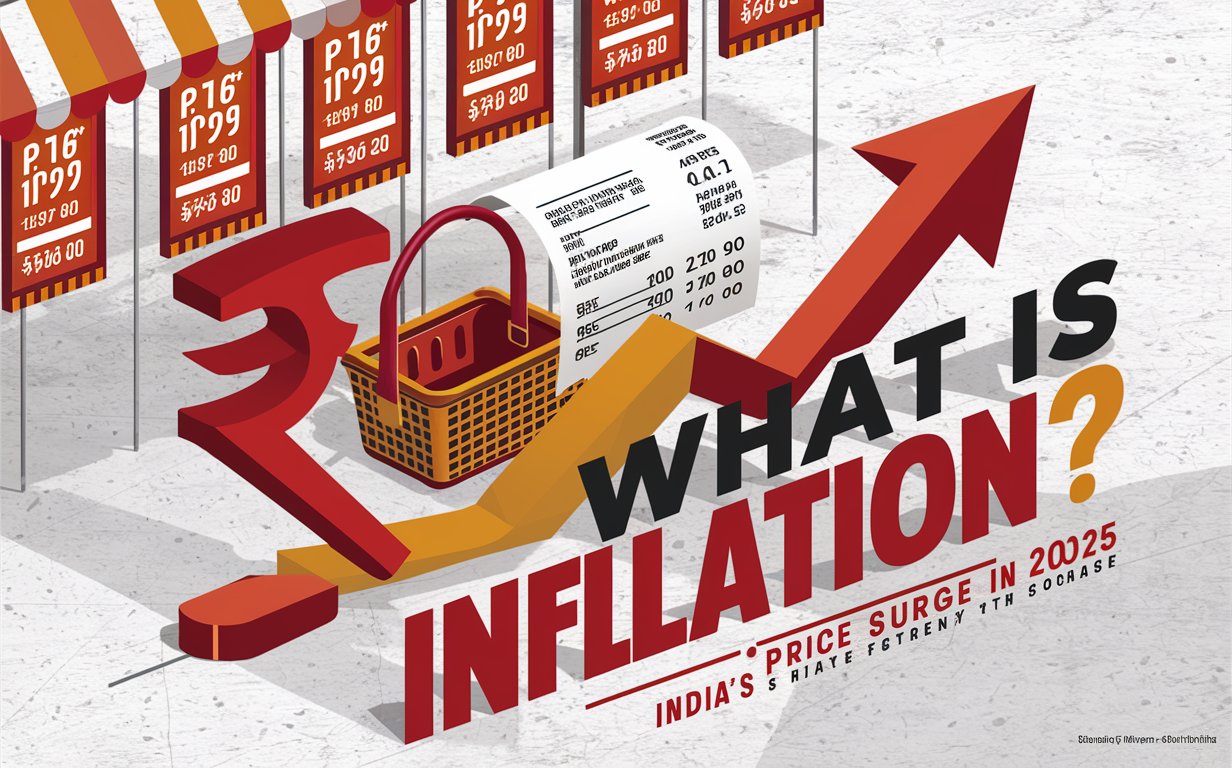🔐 What Is Encryption? How Data Protection Powers the Digital World in 2025
Encryption is the backbone of digital security in 2025, silently safeguarding everything from banking apps to national defense. As cyberattacks grow in sophistication, understanding encryption is no longer optional—it’s essential for anyone navigating the modern internet.
This invisible armor shields your private messages, bank passwords, health records, and national secrets from falling into the wrong hands.

💾 What Is Encryption?
Encryption is the process of converting plain data into a coded form (ciphertext) that unauthorized users cannot access.
It relies on algorithms and cryptographic keys to lock and unlock data. The sender encrypts the data using a key, and the intended recipient decrypts it with a corresponding key.
Two main types of encryption:
- Symmetric Encryption (same key for both encryption and decryption)
- Asymmetric Encryption (public and private key pair, used in emails, cryptocurrencies)
📱 Where Is Encryption Used in Daily Life?
You encounter encryption every day—even if you don’t notice it:
- WhatsApp/Signal chats use end-to-end encryption
- Banking apps use encryption for transactions and logins
- Browsers use HTTPS (SSL/TLS) encryption for secure websites
- UPI payments are protected with real-time encrypted verification
- Cloud storage services encrypt files at rest and in transit
Even biometric data in Aadhaar and facial recognition systems are encrypted to ensure privacy.
🛡️ Why Encryption Matters in 2025
The digital age has led to:
- Rise in cybercrime (data breaches, ransomware, identity theft)
- Sensitive cloud-based data in education, healthcare, and governance
- Digital sovereignty debates between governments and big tech
Encryption acts as the first line of defense, ensuring:
- Confidentiality (only authorized access)
- Integrity (data isn’t tampered)
- Authentication (validating user identities)
In India, the Digital Personal Data Protection Act (DPDPA) 2023 mandates encryption as a key component of compliance.
⚖️ Encryption and Indian Law
As of 2025, Indian legal frameworks demand stricter data protection protocols:
- IT Act 2000 (amended): Companies must use encryption to secure user data
- DPDPA 2023: Enforces encryption for storing and processing personal data
- CERT-In guidelines: Mandate end-to-end encryption for fintech and health-tech sectors
India’s data localization policies also require encrypted backups stored on domestic servers.
🌐 Encryption vs. Government Access: The Ongoing Debate
Governments argue they need backdoor access to encrypted apps for national security, especially to combat:
- Terrorism
- Money laundering
- Child exploitation
But privacy advocates and tech firms say:
- Backdoors weaken encryption for all users
- Hackers can exploit such vulnerabilities
- Freedom of speech may be compromised
In 2025, India’s Supreme Court is reviewing petitions that challenge encrypted app bans and forced data disclosures.
🔮 Future of Encryption: Quantum Threats and Zero-Trust Security
New technologies are shaping the next era of encryption:
- Post-quantum cryptography: Algorithms being developed to survive quantum decryption
- Zero-trust architecture: Encrypts data at every level and requires continuous verification
- Blockchain encryption: Used for secure decentralized systems in finance and governance
- AI-encryption hybrids: Adaptive encryption that evolves against malware
Encryption is not static—it is evolving with every leap in computing.
📌 Conclusion: Why Encryption Is the Digital Oxygen of 2025
Encryption is no longer a tech buzzword—it’s your digital oxygen in 2025. Whether you’re sending a private message, swiping your card, or storing government data, encryption ensures that your information remains safe, private, and unbreakable. In a world of rising cyber threats, it is the ultimate trust mechanism of the internet.
DoFollow External Links:
- https://www.meity.gov.in (Ministry of Electronics & IT)
- https://www.cert-in.org.in (CERT-In)
Internal Links:



Post Comment